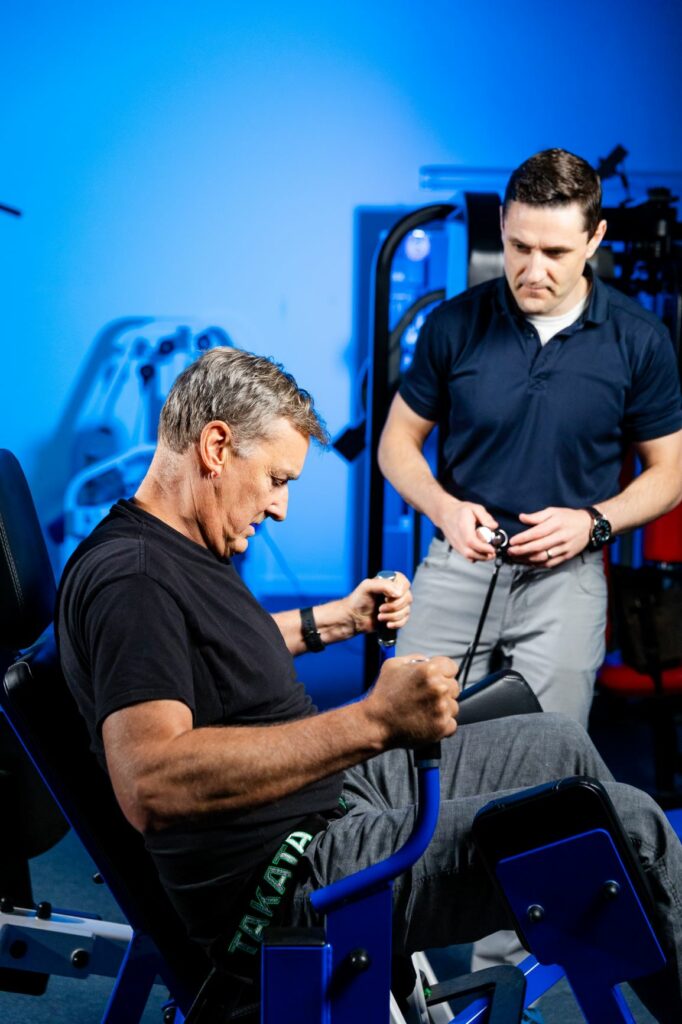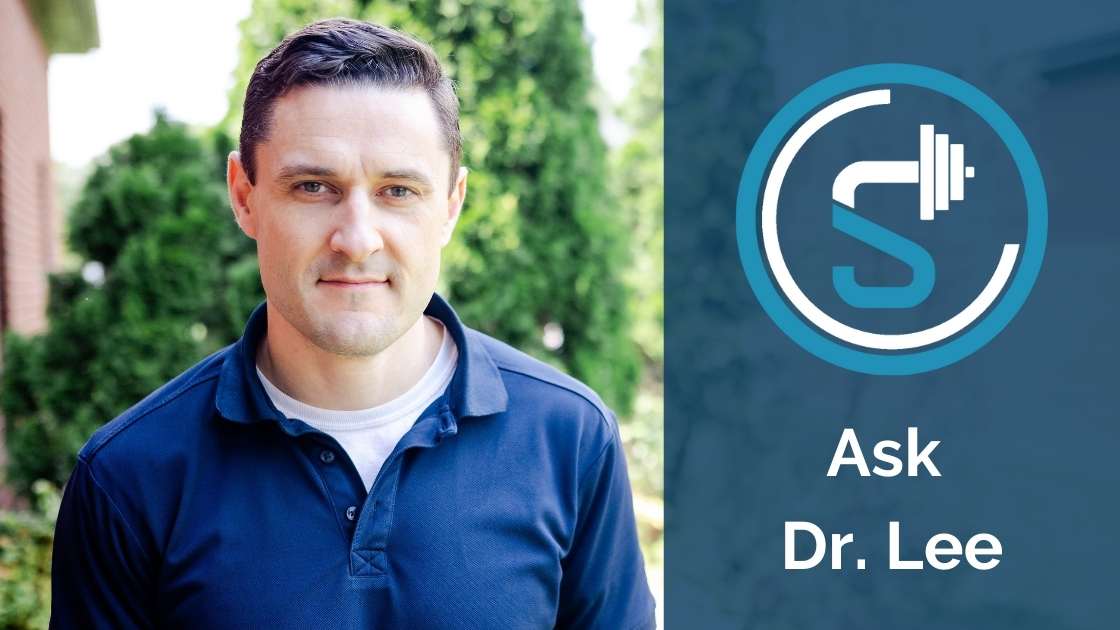Since my last article on why leg training hurts seemed to help many of my clients, I thought I’d keep the “Ask Dr. Lee” theme going with another common question we get at StrengthSpace. This week’s question is: “Why aren’t my workouts getting easier?”
Progress starts once we accept this won’t be “fun.”
Here’s the idea:
You start exercising.
Everything feels really tough, and your muscles burn.
But you are still excited by the novelty of a new program!
But then you realize something about effective exercise: it is NOT fun.
And that’s because, if it were fun and easy, it wouldn’t be an effective stimulus for change. Only when our muscles struggle, quiver, and burn is our body forced to change and become stronger and fitter. If we don’t feel these things, even if we do get tired and work up a sweat, our body will just say “I can already do that,” and our desired change (stronger muscles) won’t happen.
This all makes sense during the first few sessions. But pretty quickly, the honeymoon phase ends. The excitement of starting a new habit and routine starts to wear off. And now we’re faced with the task of staying consistent, and working hard to keep challenging our muscles.
The obstacle IS the way

This is where real progress and real struggle start to happen. For those clients who see really impressive results over time, the magic is not in some sensational result they achieve in the first few weeks, but in consistency. They keep showing up, trusting their trainer, and working as hard as they can.
Those clients who are long-term success stories understand that the discomfort of intense muscular effort is necessary for change. They have realized that The Obstacle IS The Way! And they know that the moment we stop feeling that sense of discomfort, we are no longer sending a “change message,” or stimulus, to our bodies. Once the workouts get “easy,” we immediately start plateauing. Progress stops.
Now, you may be wondering why we have to keep aiming for improvement? Can’t we just try to maintain where we are?
Maintenance is a myth.
The short answer is: no. Unless we aim for improvement, by pushing our muscles into fatigue and discomfort, we will start to backslide. Our bodies are just too efficient. If we just lift the exact same weight for the exact same reps and time, our nervous system will “figure out” how to accomplish the task with slightly less muscle. Each week, we’ll get more efficient, and our bodies will find ways to get rid of “unnecessary” muscle mass. And then, when life throw’s a wrench in our plans, and circumstances force us to take a break from exercise due to an illness or job change, we’ll find that we are weaker when we return.
We must aim for improvement with each and every workout, by fatiguing our muscles as deeply as we can when we train. By regularly pushing our muscles to fatigue deeply, we keep sending the powerful signal to grow stronger. Even though we can’t get stronger forever, the growth-signal we send will work to prevent the loss of lean muscle. We don’t know when life will force an extended break from exercise, so we must make the most of the time we have to build strength and preserve muscle.
Deep fatigue makes our workouts count!
So when you approach your workouts, don’t wait for them to get easier. Instead, commit yourself to the process of deeply fatiguing your muscles. When you “hit the wall” and your muscles are too spent to do another rep, feel good in knowing that you’ve gotten your money’s worth out of that workout, by sending a profound signal to your muscles which will help preserve your precious muscle and bone density.
And if your trainer ever “gets soft” on you by giving you a workout that feels easy, don’t thank them – demand your money back! Your time is too precious to just “go through the motions” on a workout that feels easier and easier each week.
Happy training, and please share your questions for our next installment of “Ask Dr. Lee!”

